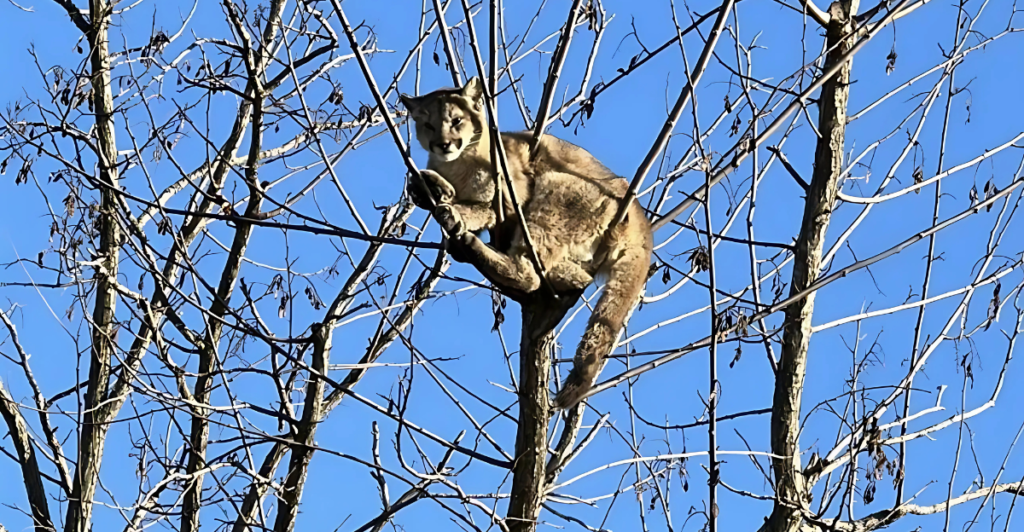
Climate change poses an unprecedented challenge to life on Earth, but some animal species are showcasing extraordinary resilience. From behavioral shifts to physical adaptations, animals are finding ways to survive in an ever-changing world. However, these adaptations are not a solution to the climate crisis but a testament to the urgency for humans to mitigate its impact. Below, we explore the innovative ways animals are adapting and the consequences of these changes.
Behavioral Adaptations to Survive
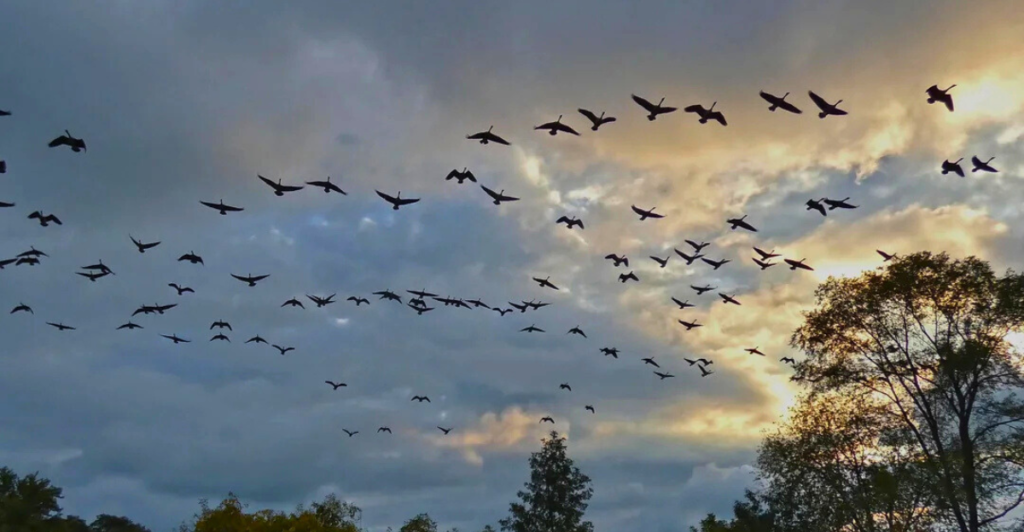
Many animals are changing their habits to cope with rising temperatures and shifting environments. These adjustments include migrating to new areas, altering activity levels, and modifying diets. For instance, California sea lions have expanded their hunting grounds as far as Alaska to avoid starvation. Similarly, pink-footed geese in the Arctic have discovered new migration routes and breeding grounds in response to warming temperatures.
Moving to Higher Ground
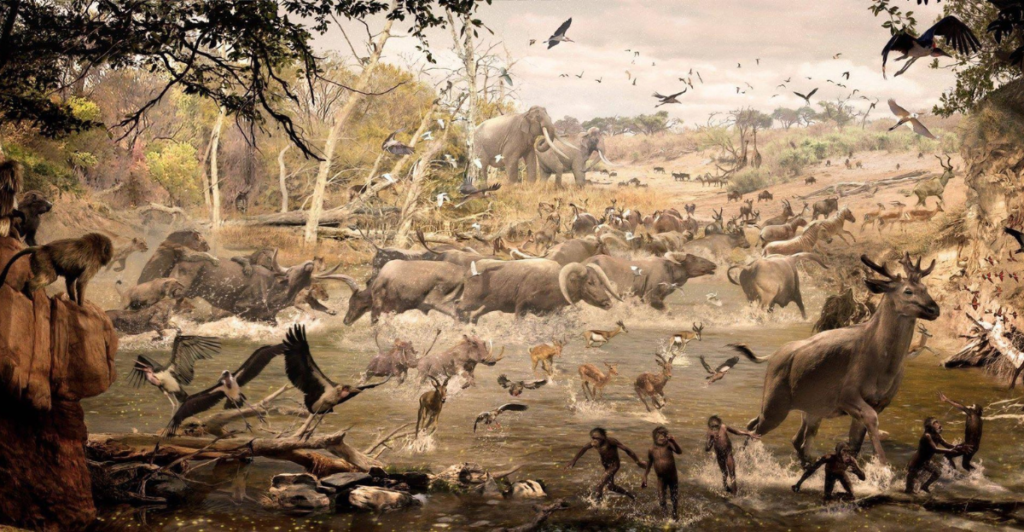
Species are migrating to higher elevations and latitudes to escape the heat. A 2011 study revealed that animals and plants have moved an average of 36 feet higher per decade over the past century. These shifts in habitat demonstrate the urgency with which species are adapting to climate changes but also highlight the challenges they face in finding suitable environments.
Physical Changes for Survival
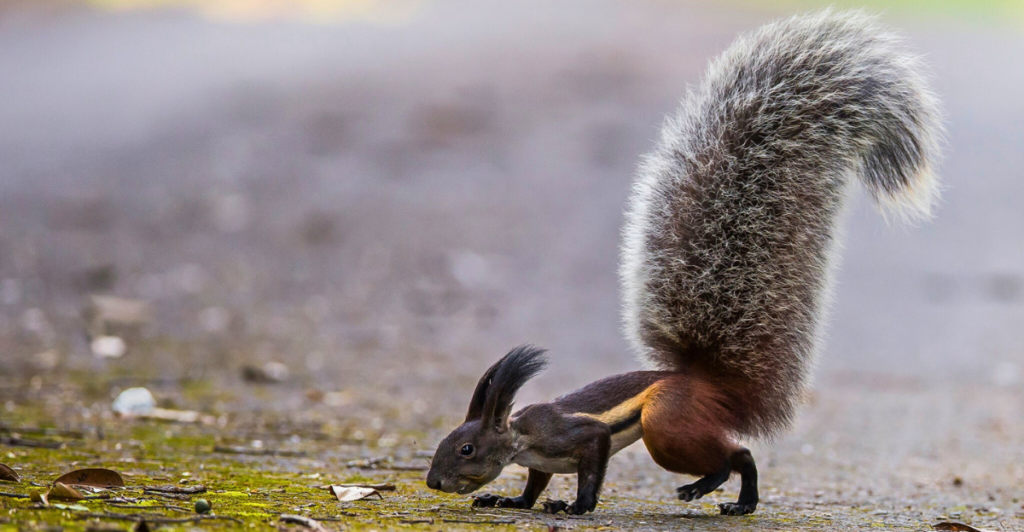
Some animals are undergoing remarkable physical transformations. Larger appendages and smaller bodies help dissipate heat more effectively in warmer climates. For example, Cape ground squirrels in South Africa have seen a 9% increase in foot size over 18 years. Similarly, some Australian parrots have experienced up to a 10% increase in beak size since 1871.
Shrinking and Growing with the Climate
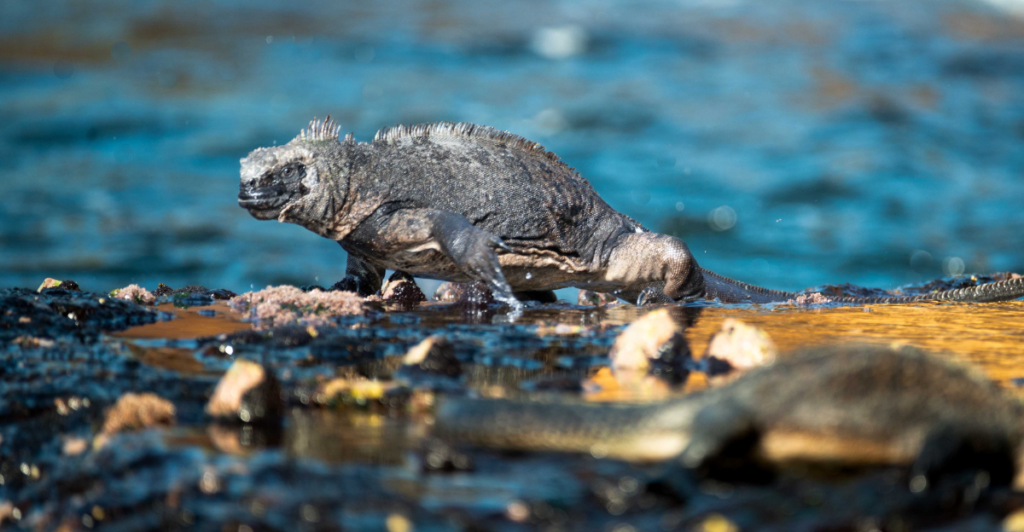
Marine iguanas in the Galápagos demonstrate an incredible ability to shrink and regrow their body length by as much as 20%, depending on food availability and temperature. This unique adaptation allows them to conserve energy during food shortages caused by warmer waters reducing algae growth, their primary food source.
Color Changes for Camouflage
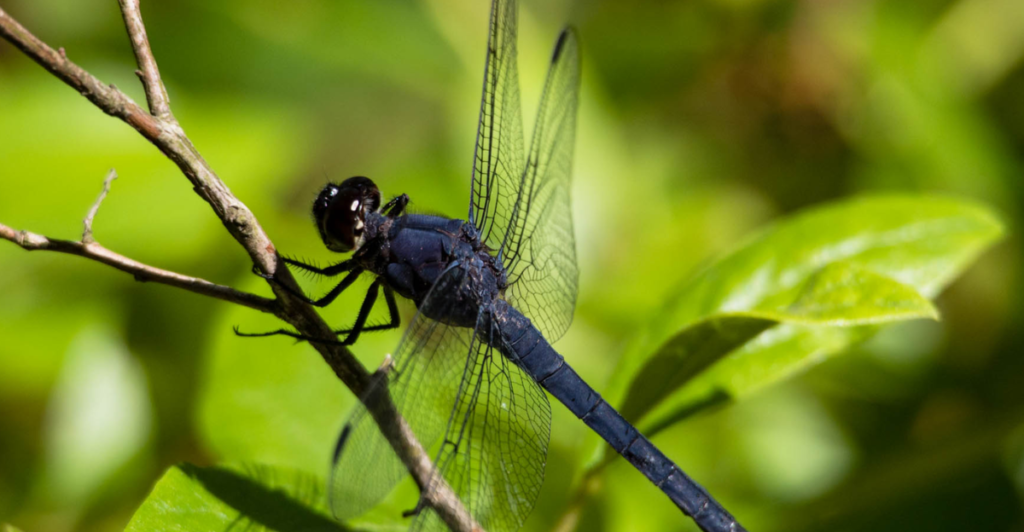
Changing temperatures are influencing animal coloration. Dark-colored dragonflies are becoming paler to reflect more heat, while russet-colored tawny owls in Finland have increased from 12% to 40% of the population as snow cover has diminished, making lighter gray owls less camouflaged.
Climate Challenges for Mammals
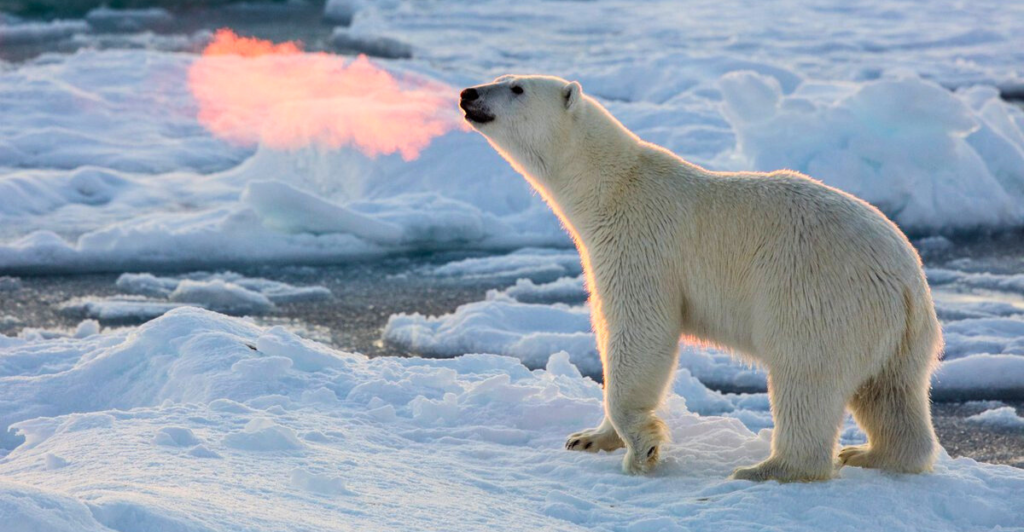
Mammals face significant threats due to habitat loss and changing climates. Caribou migrations have been delayed by warmer winters, and increased insect populations are stressing these herds. Polar bears, heavily dependent on sea ice for hunting, are losing their habitat as Arctic ice melts. Snowshoe hares, which rely on snowy camouflage, are increasingly vulnerable as snow disappears earlier in the year.
Birds Battling Climate Shifts
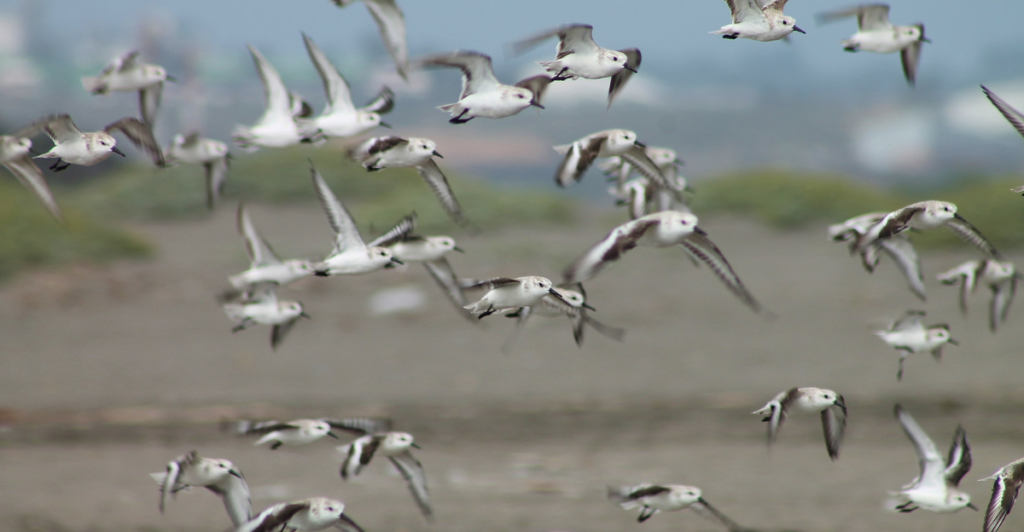
Migratory birds are struggling to synchronize their biological clocks with changing ecosystems. Atlantic puffins in the Gulf of Maine have faced delayed breeding seasons, while shorebirds like plovers in the Arctic are experiencing higher nest predation rates. Even resident birds, such as bald eagles in Alaska, face challenges due to shifting food sources and nesting conditions.
Amphibians: Fragile Yet Resilient
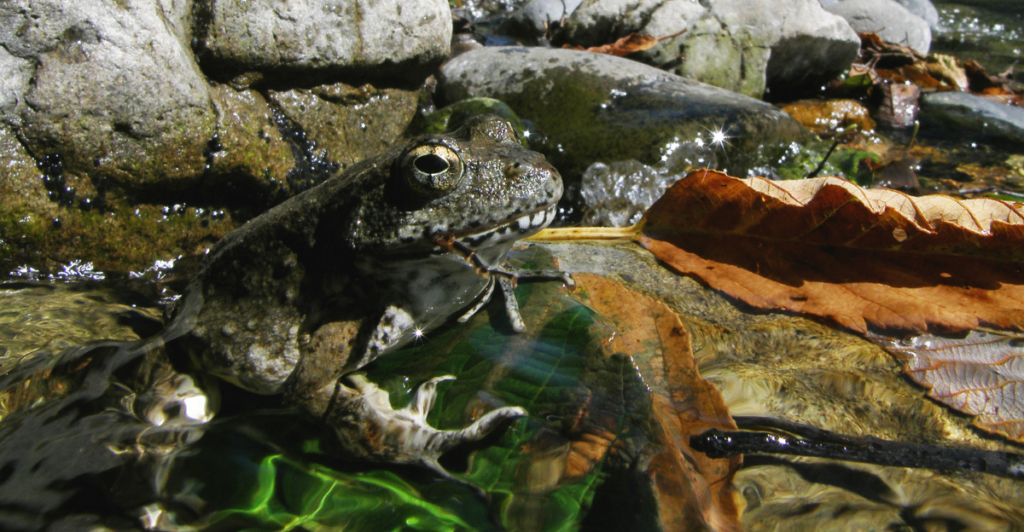
Amphibians are particularly sensitive to climate change due to their reliance on both land and water ecosystems. While mountain yellow-legged frogs in California’s Sierra Nevada are losing habitat, wood frogs have adapted by adjusting their breeding cycles to align with earlier spring thawing.
Marine Life on the Move
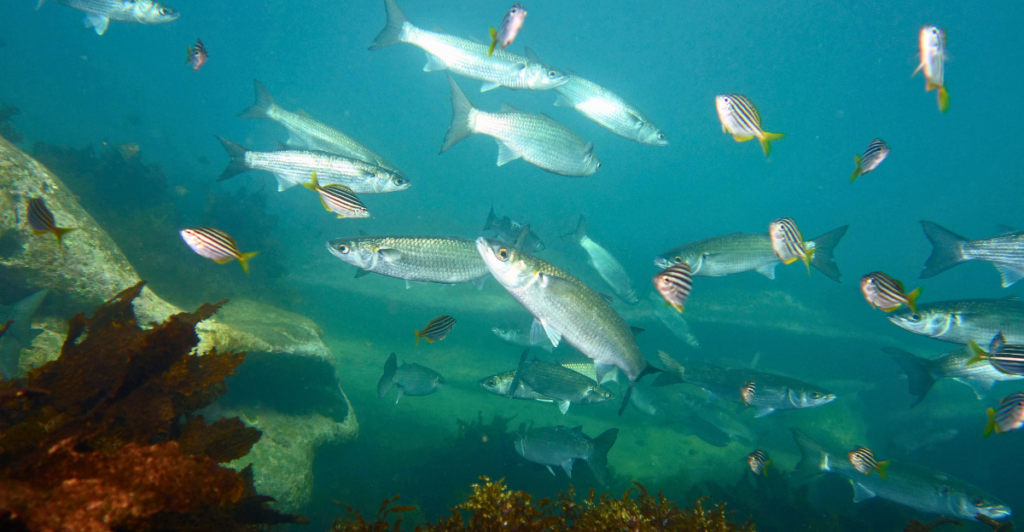
Marine species are shifting habitats in response to warming oceans, disrupting delicate food webs. Pacific cod, for instance, are migrating northward but face reproductive challenges in colder waters. Rising sea levels and ocean acidification are further threatening marine ecosystems, impacting species like sea turtles and whales.
The Cost of Adaptation
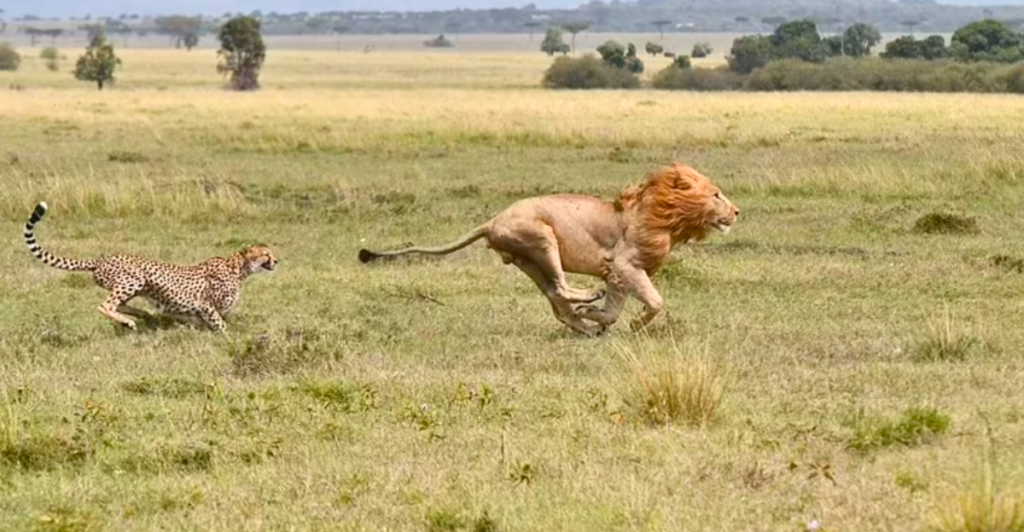
While these adaptations are impressive, they come at a cost. Changes in body size or coloration can make animals more visible to predators or hinder their ability to hunt. For instance, mismatched timing between predators and prey can result in starvation for both.
The Limits of Adaptation
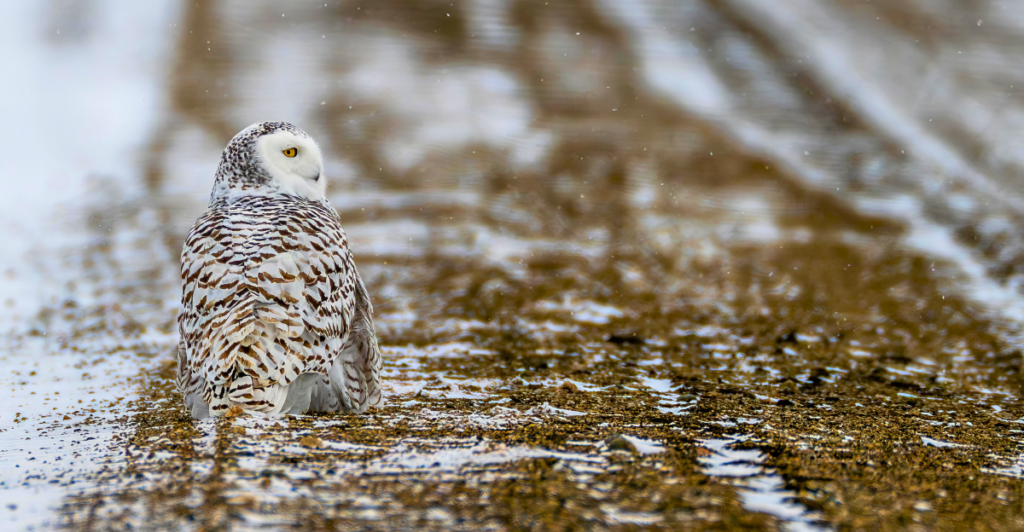
Rapid climate change may exceed the ability of many species to adapt. Animals like Arctic caribou and snowy owls, which are already living in extreme environments, may have nowhere left to go as temperatures continue to rise. This highlights the urgency of addressing climate change to protect biodiversity.
Ecosystem Disruptions
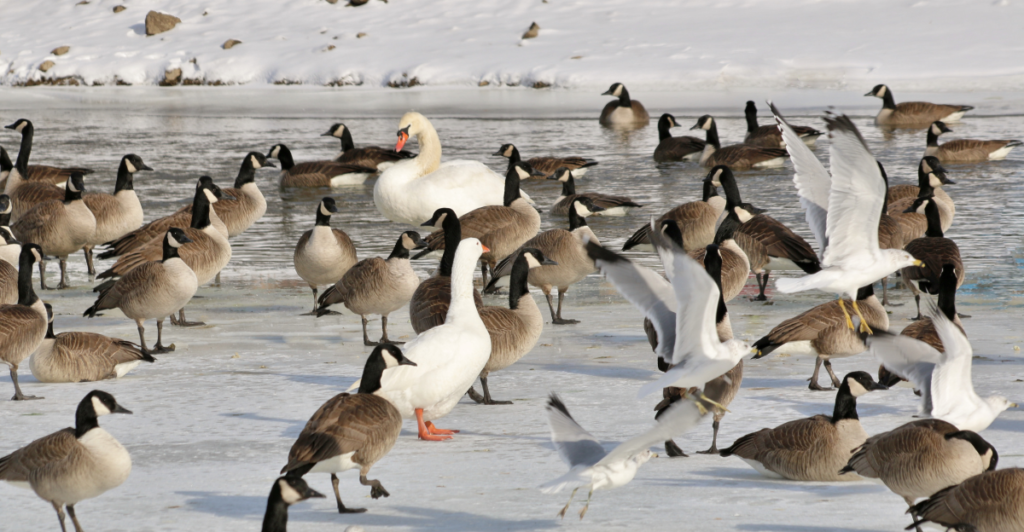
As plants and animals shift their ranges, invasive species may take advantage of newly available habitats, further disrupting ecosystems. This is particularly evident in the Arctic, where mismatches between predator and prey responses to warming temperatures are already causing ecological imbalance.
Bridging the Gap
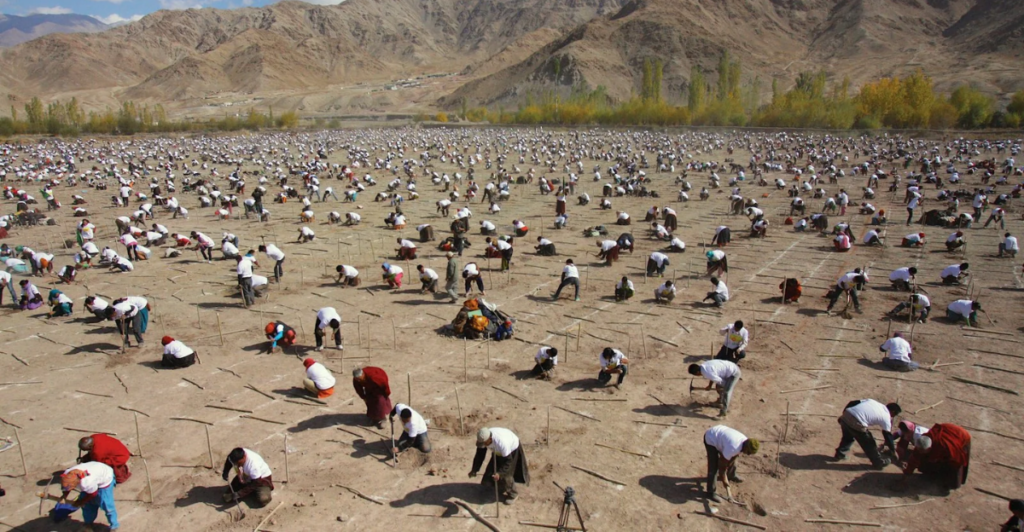
While animal adaptations are remarkable, they are not a long-term solution. It is humanity’s responsibility to mitigate climate change and preserve the ecosystems these species depend on. By addressing habitat destruction, reducing carbon emissions, and protecting natural resources, we can help delay extinction and support wildlife survival in the face of a changing climate.
Discover more of our trending stories and follow us to keep them appearing in your feed
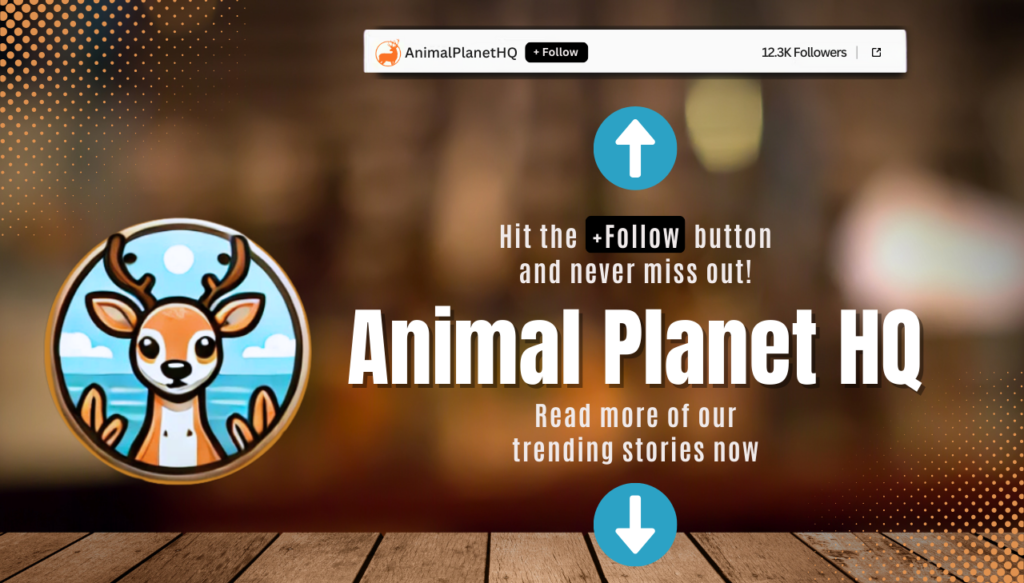
12 Bold Animals That Have No Fear of Predators – Nature’s Underrated Fighters
Top 10 Largest Domestic Cat Breeds by Weight
Colossal American Impact Crater Found—Three Times Bigger Than the Grand Canyon
8 Massive Ice Age Animals That Once Roamed North America
Stay connected with us for more stories like this! Follow us to get the latest updates or hit the Follow button at the top of this article, and let us know what you think by leaving your feedback below. We’d love to hear from you!







